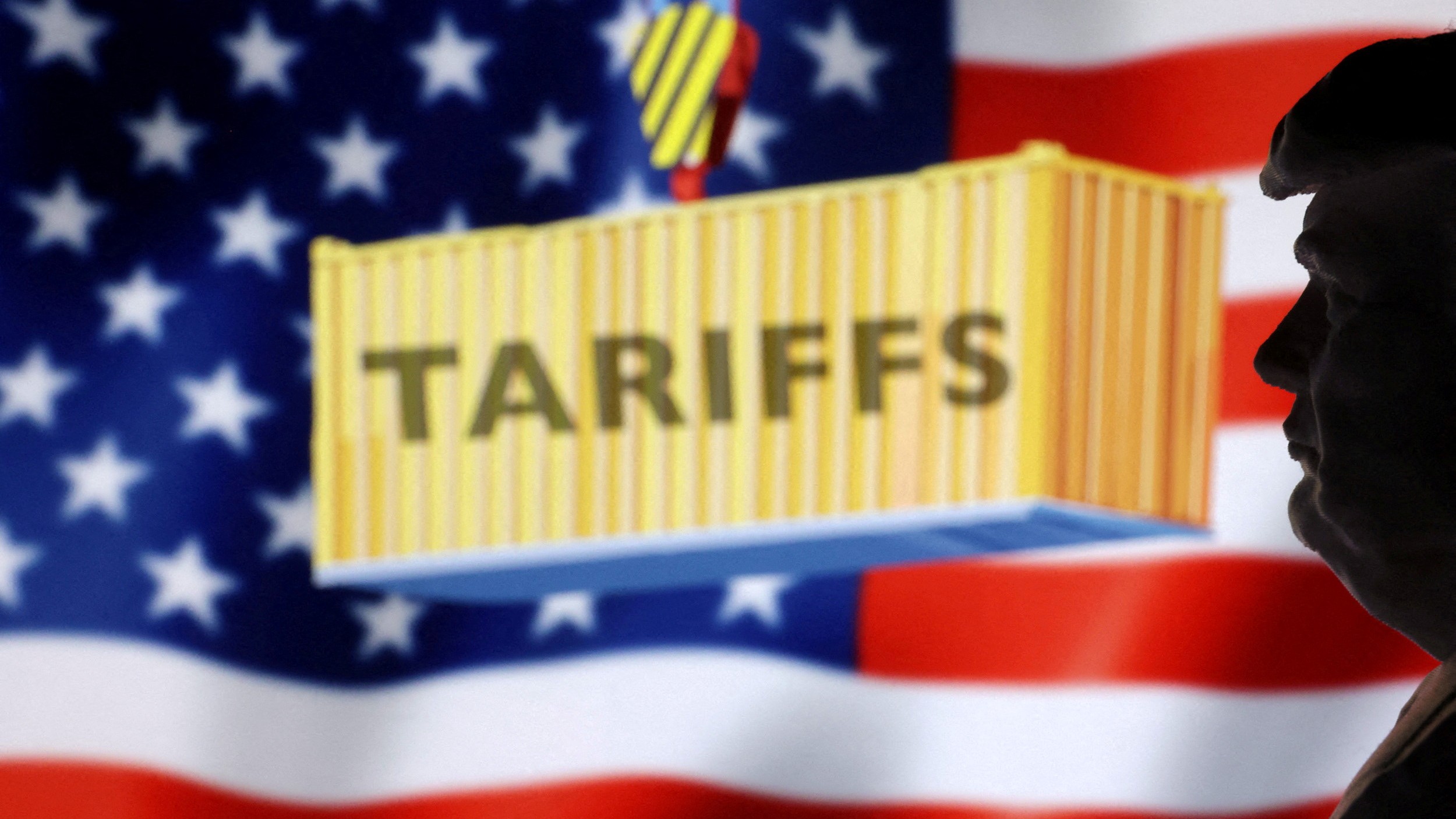Trump tariffs unlikely to hurt Turkish economy and could boost EU ties

US President Donald Trump’s sweeping tariffs are not expected to have a major impact on the Turkish economy and may even help Ankara strengthen its economic partnerships with Europe, experts say.
Trump imposed varying levels of import taxes on countries around the world, levying a 10 percent tariff on Turkey - the lowest level imposed.
Many observers believe that Washington refrained from imposing a higher tariff on Ankara due to the good personal rapport between Trump and Turkish President Recep Tayyip Erdogan. However, trade relations between the two countries are already quite balanced.
For instance, Turkey recorded only a $200m trade surplus with the US last year, exporting $16.4bn worth of goods and importing $16.2bn.
Timothy Ash, a long-time investor in Turkey and a financial analyst, said Ankara secured the best possible outcome from Trump’s tariff policy.
New MEE newsletter: Jerusalem Dispatch
Sign up to get the latest insights and analysis on Israel-Palestine, alongside Turkey Unpacked and other MEE newsletters
“It’s good that we don’t see Turkey in the headlines - that’s always a plus,” Ash told Middle East Eye. “The impact of the tariffs on Ankara will be minimal.”
Ash also noted that a potential global trade war triggered by the tariffs could slow the global economy and lead to lower oil prices, a positive development for energy-dependent countries such as Turkey, which is a net energy importer.
Ash also suggested that the tariffs might prompt European countries to turn inward and seek closer cooperation with Turkey, particularly in the area of defence manufacturing.
An economist from a major global investment firm noted that Trump already imposed a 25 percent tariff on Turkish steel and aluminum during his first term.
“Now that the same tariffs are being applied to all major steel producers, Turkish steel could become competitive again,” the economist, who wished to remain anonymous, told MEE. Turkey is among the top 10 steel producers in the world.
Opportunities and challenges
Sinan Ulgen, a senior fellow at the Carnegie Europe think tank, pointed out that a 39 percent tariff on European Union goods could enhance Turkey’s competitiveness within western markets.
Although Turkey is part of a customs union with the EU, it is not obligated to mirror the bloc’s retaliatory tariffs against the US, giving Ankara some flexibility in its trade policy.
Ulgen said Ankara was likely to introduce a reciprocal 10 percent tariff on US goods, but the bigger challenge would come from Chinese exporters.
“They will likely increase their presence in the Turkish market to compensate for losses in the US, posing stiff competition to Turkish firms - especially in the Middle East and North Africa,” he told MEE.
He also said Brussels may seek closer cooperation with Ankara amid the shifting landscape of global trade, offering Turkey an opportunity to deepen both economic and diplomatic relations with western partners.
However, Ulgen emphasised that such a partnership would require more than just transactional cooperation: it would need a shared commitment to democratic values.
While the EU has been exploring closer security cooperation with Ankara in light of diminished US guarantees, recent domestic developments in Turkey have sparked concern in Europe.
Last week, Turkish authorities arrested Istanbul Mayor Ekrem Imamoglu, Erdogan’s main rival in the upcoming elections, on corruption charges.
The move was widely condemned by EU lawmakers as politically motivated, with some comparing it to actions seen in Russia.
Ulgen noted that there had been a window of opportunity to update the customs union deal or grant visa-free travel for Turkish citizens since Trump took office.
However, the Imamoglu case may have closed that window due to concerns over democratic backsliding in Turkey.
middleeasteye.net